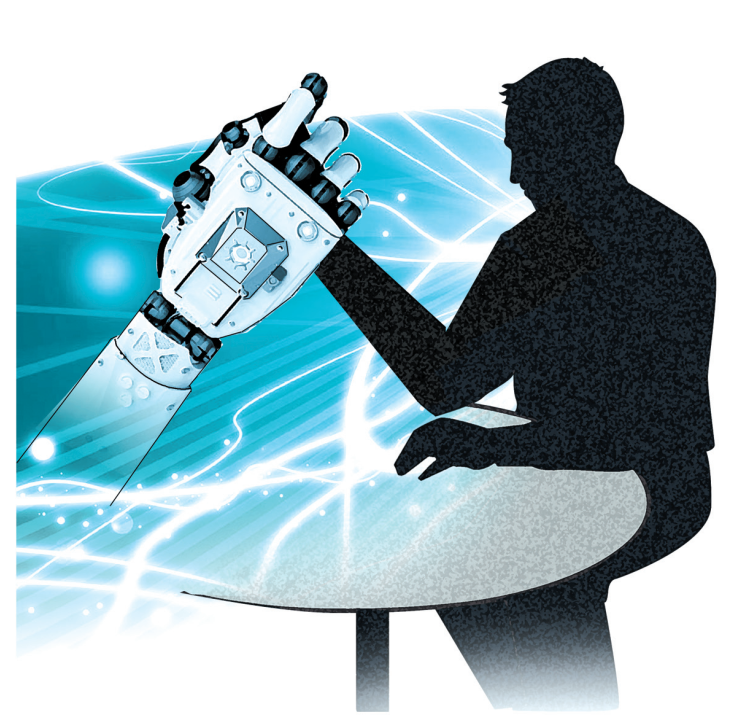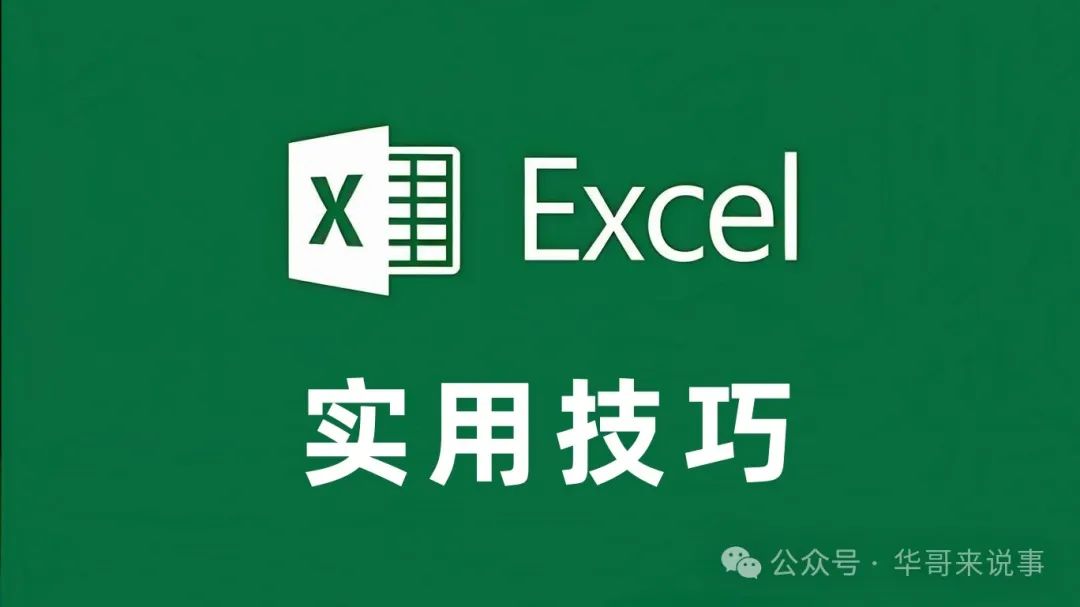Intelligence For Goodness: Promote The Construction Of An "actor Network" For Innovative Construction Of My Country's Artificial Intelligence Technology Ethics
Intelligence For Goodness: Promote The Construction Of An "actor Network" For Innovative Construction Of My Country's Artificial Intelligence Technology Ethics
In recent years, the rapid development of artificial intelligence technology has often made people sigh that "the future has come, and the singularity is coming." Futurists often use Moore's Law to predict the exponential growth of artificial intelligence technology: by 2029, artificial intelligence may surpass human intelligence; by 2045
In recent years, the rapid development of artificial intelligence technology has often made people sigh that "the future has come, and the singularity is coming." Futurists often use Moore's Law to predict the exponential growth of artificial intelligence technology: by 2029, artificial intelligence may surpass human intelligence; by 2045, the human brain will be fully integrated with artificial intelligence, intelligent networks, etc., and easily obtain all the knowledge of all mankind, and the singularity will arrive. After this, the "human-computer agent" will serve as a kind of "post-human" to completely transcend the existing material and spiritual boundaries. Starting from the end of 2022, a series of generative artificial intelligence technologies and applications have become popular in the circle, allowing this wave to continue to advance towards the direction of "AI and the human brain to evolve in a coordinated manner, and the big language model is the projection of the real world."
Artificial intelligence technology has brought about a great release of productivity, but the technological ethical issues it involves, such as privacy leakage, algorithm black box, model bias, false information, deep forgery, information cocoon, reverse labor substitution, etc., have also attracted widespread attention. At present, it is a general trend to build norms and constraints on the ethics of artificial intelligence technology around the world. Compared with hard laws and regulations, the regulation of the technological ethics of artificial intelligence is more like a flexible "soft law", and its infrastructure can be roughly divided into three levels: the upper level is the basic mission of the technological ethics of artificial intelligence, "providing ethical support for improving human welfare and the harmonious coexistence of all things"; the middle level is a "policy matrix" composed of the principles and standards of the technological ethics of artificial intelligence; the grassroots are operational supervision and governance regulations for the implementation of the technological ethics of artificial intelligence in specific scenarios, such as technical standards, industry norms, product standards, industrial policies, etc.
According to incomplete statistics, more than 160 countries and regions in the world have issued ethical principles and guidelines for artificial intelligence, and more than 40 ethical guidelines have been issued by relevant organizations and institutions. Generally speaking, when we discuss a problem, there will be a meta-assumption. What is our meta-hypothesis for the ethics of artificial intelligence technology? One of the most likely consensus view around the world is that we hope to "ensure that the technical risks and ethical bottom lines of artificial intelligence are within a controllable range." However, this consensus meta-assumption will also involve multiple levels and links of issues: for example, how to ensure that the technical risks and ethical bottom lines of artificial intelligence are within a controllable range? How to define the technical risks of artificial intelligence, what risks are included, and is there a complete list of risks? What is the ethical bottom line of artificial intelligence, what is the boundary, and what standards are used to determine it? Does "being" mean static, dynamic or mixed? The so-called "within controllable range", how much is it, who will control it, etc.
Although many principles, guidelines and guidelines have been issued worldwide, these are still only the first stage of the construction of artificial intelligence technology ethics, namely, the necessity and principle of establishing the artificial intelligence technology ethics. Then, we will enter the next stage of the construction of artificial intelligence technology ethics, that is, we must move from establishing the norm to building the system. The reason why we need to divide these two stages is that the current international governance of artificial intelligence has presented two dilemmas: one is that from a nature perspective, simple technical and commercial mechanisms cannot bridge the gap between artificial intelligence in terms of technological risks and ethical bottom lines and public interests and public values; the other is that from a practical perspective, a comprehensive solution is urgently needed to analyze the technical risks and ethical bottom lines of artificial intelligence.
my country has the characteristics of early start, high specifications, strict policy structure and dense timeline in the construction of artificial intelligence technology ethics. As early as July 2017, the State Council issued the "Plan for the Development of New Generation Artificial Intelligence". By March 2022, the General Office of the CPC Central Committee and the General Office of the State Council issued the "Opinions on Strengthening the Governance of Science and Technology Ethics". In June 2019, the National New Generation Artificial Intelligence Governance Professional Committee released the "Next Generation Artificial Intelligence Governance Principles - Develop Responsible Artificial Intelligence", and released the "Next Generation Artificial Intelligence Ethical Norms" in September 2021. In September 2022, the Office of the Director of Information Technology of the Hong Kong Special Administrative Region Government issued the "Ethical Framework of Artificial Intelligence", and then in May 2023, Beijing issued the "Implementation Plan for Beijing to Accelerate the Construction of a Global Influence Artificial Intelligence Source Policies (2023-2025)" and "Several Measures to Promote the Innovation and Development of General Artificial Intelligence"; Shenzhen issued the "Shenzhen Action Plan for Accelerating the High-Quality Development of Artificial Intelligence (2023-2024)"; Shanghai proposed the "Several Measures to Increase Strength to Support the Development of Private Investment"; In August 2023, Chengdu issued the "Several Measures to Accelerate the Innovation and Application of Large Models to Promote the High-Quality Development of the Artificial Intelligence Industry", etc., which all reflect the planning in institutional design and scenario implementation. In August 2023, the "Interim Measures for the Management of Generative Artificial Intelligence Services" announced by the State Cyberspace Administration of China and seven other departments, the "Science and Technology Ethics Review Measures" (Trial) issued by the Ministry of Science and Technology and 10 other departments in September, and the National Information Security Standardization Technical Committee solicited opinions on the "Basic Requirements for the Security of Generative Artificial Intelligence Services" in October, reflecting the attention and actions on the ethics of artificial intelligence technology, and has entered a period of policy acceleration.
In 2022, the "Opinions on Strengthening the Governance of Science and Technology Ethics" issued by the General Office of the CPC Central Committee and the General Office of the State Council requires that "Institutions engaged in scientific and technological activities such as life sciences, medicine, artificial intelligence, etc., whose research content involves sensitive areas of science and technology ethics, a science and technology ethics (review) committee should be established." In October this year, my country issued the "Global Artificial Intelligence Governance Initiative" proposed that we should uphold the concept of consultation, joint construction and sharing, build an open, fair and effective governance mechanism, coordinate the promotion of artificial intelligence governance, and put forward specific principles, guidelines or suggestions for personal privacy and data protection, data acquisition, algorithm design, technology development, risk level testing and evaluation and ethical standards. Therefore, at this critical moment, it is timely that the National Key Laboratory for Dissemination Content Cognition takes the lead in establishing a Science and Technology Ethics Committee.
The National Key Laboratory is an important force in participating in the construction of artificial intelligence technology ethics. To move towards the construction of a comprehensive system of artificial intelligence technology ethics, we must focus on dealing with four key issues in the subsequent work: First, we must establish a good operating mechanism for scientific and technological ethics standards. Individual ethical standards cannot be implemented themselves, so a complete set of operating mechanisms and systems that cooperate with them must be established to ensure their effective operation; second, we must carefully consider how to refine and embed the universal artificial intelligence technology ethics value into specific application scenarios and turn it into specific operational regulations; third, a normalized institutional mechanism is needed to predict and judge the technical risks of other people's artificial intelligence, and then continuously supplement and improve the list of technical risks; fourth, scientific and technological ethics does not only focus on technology "not doing evil", but also care about its "doing good things". For artificial intelligence, it is necessary to take the goal of "intelligence for goodness" as the oriented approach, build an "actor network" with multi-party participation in artificial intelligence technology and industry self-discipline, and promote the improvement and innovation of industry norms and ethical systems.
General Secretary Xi Jinping has made important instructions on scientific and technological ethics work many times, and emphasized the need to "shape the cultural concept of science and technology for goodness, so that science and technology can better enhance human welfare." The National Key Laboratory can give full play to its scientific research advantages and introduce an integrated ethical analysis framework covering the entire life cycle of artificial intelligence from principles to systems, so as to conduct ethical review of artificial intelligence technology, deepen the understanding of the ethical boundaries of artificial intelligence through ethical computing, and be a provider of ethical fact information, a builder of ethical professional knowledge, a presenter of ethical emotions, and a creator of ethical rule tools.
I believe that through continuous practice and accumulation, "intelligence for good" will have more room for imagination. In the "Top Ten Emerging Technologies Report of 2023" released by the World Economic Forum this year, in addition to generative artificial intelligence, there is also an application field that is related to the intersection of human physical and mental health and social interaction, "the meta-universe that can improve mental health." We look forward to the future, as artificial intelligence continues to develop and iterate, and in conjunction with it, there will be versions 2.0 and 3.0, in order to promote the benefit of artificial intelligence technology to mankind and promote the harmonious coexistence of "human-computer intelligent bodies".
(The author is the director of the Internet Governance Research Center of the Institute of Journalism, Shanghai Academy of Social Sciences)





